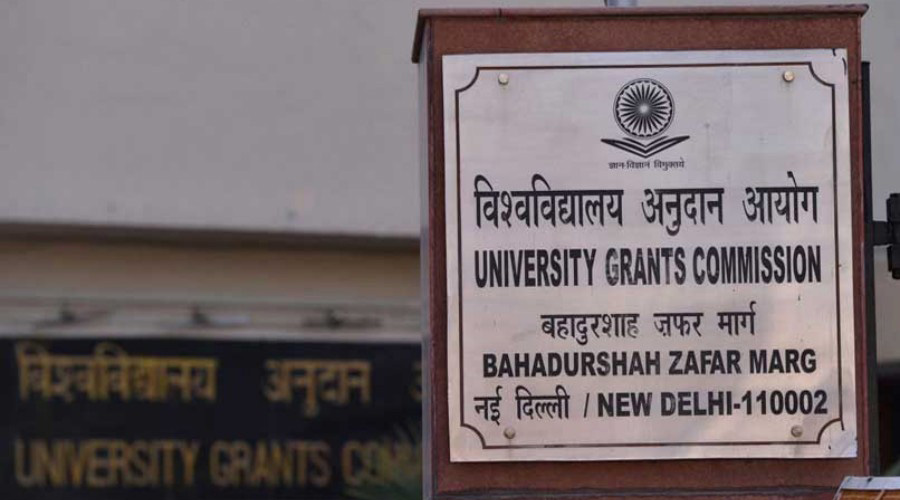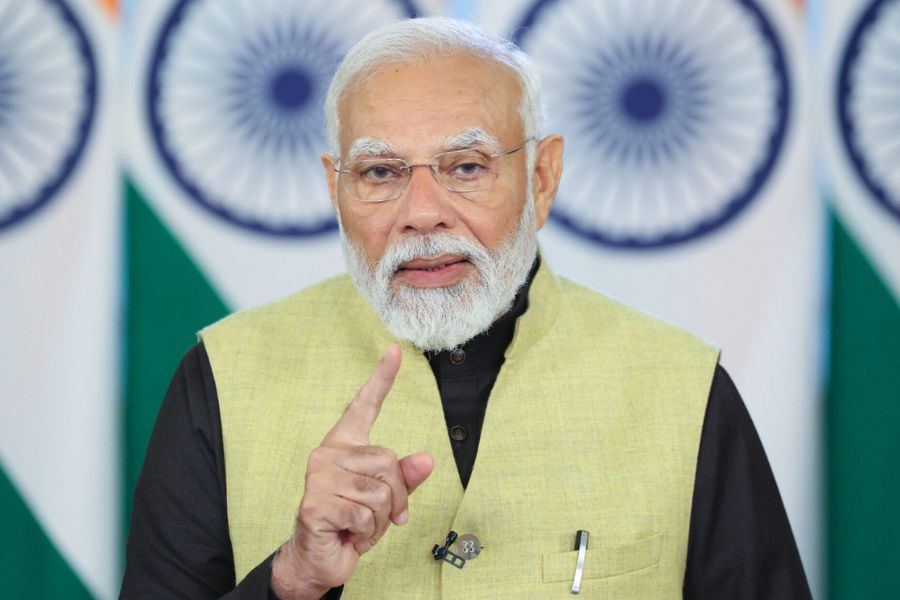The enthusiasm for online education — several caveats notwithstanding — seems to be infectious. Last year, the University Grants Commission, which oversees matters related to higher education and academic standards, directed all institutions of higher education to offer 40 per cent of their non-technical courses online on a government-mandated platform. In 2017, the figure was 20 per cent. Now, the UGC has gone a giant step further. It has put forth a proposal that will allow universities to offer up to 80 per cent of any non-technical academic programme online. If the previous directive were not indication enough that universities are expected to comply with the ‘proposal’, the latest suggestion makes it painfully clear.
The move does not augur well for the quality and efficacy of higher education in India. Students, teachers and faculties have expressed their apprehension that the staggered increase in the pace of online learning actually reflects the government’s intention to cut expenditure on higher education even further. This fear is not without basis: higher education outlay had dropped by over Rs 1,000 crore in the Union budget earlier this year. Further, the newest proposal throws into sharper focus the Central government’s disregard for the plight of students in vast swathes of the country who have little or no access to essential aids for an online curriculum such as computers, smartphones and steady internet connections. The National Education Policy 2020, unsurprisingly, has an evangelical attitude towards online learning. But the question of access and the stark digital divide have been ignored. It must also be asked why the UGC — tasked, as it is, with upholding standards of excellence in academia — seems to be turning a blind eye to the fears expressed by teachers about the inevitable negative impact on the quality of teaching if online classes were to gradually replace in-person teaching in the near future. This sudden indifference to classroom teaching only reveals this regime’s instrumental approach towards education and knowledge. The classroom, after all, is a space that transcends the learning process. It encourages critical thinking — a rare resource in an authoritarian polity — besides improving learning outcomes. The online medium can only supplement the classroom experience, not replace it. Perhaps India’s rulers, known for discouraging independent thinking, find the kind of thriving, collaborative ambience that is ideal for India’s higher educational institutions somewhat undesirable.











